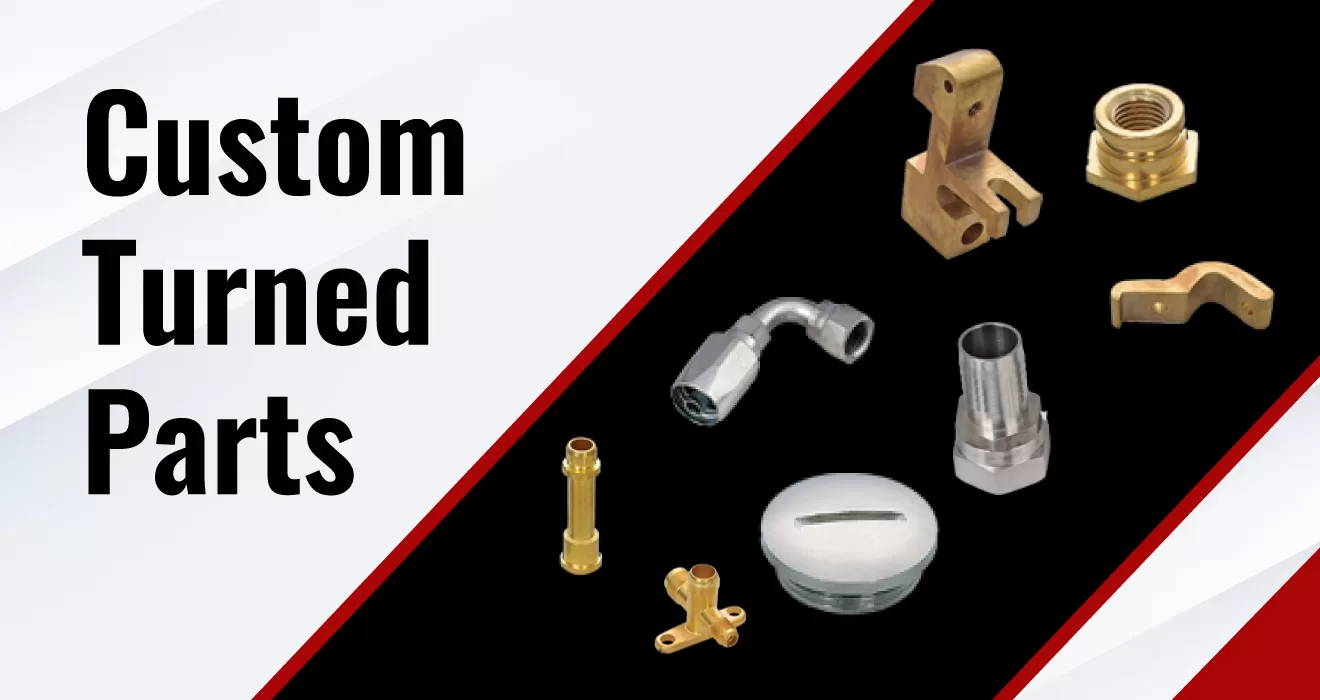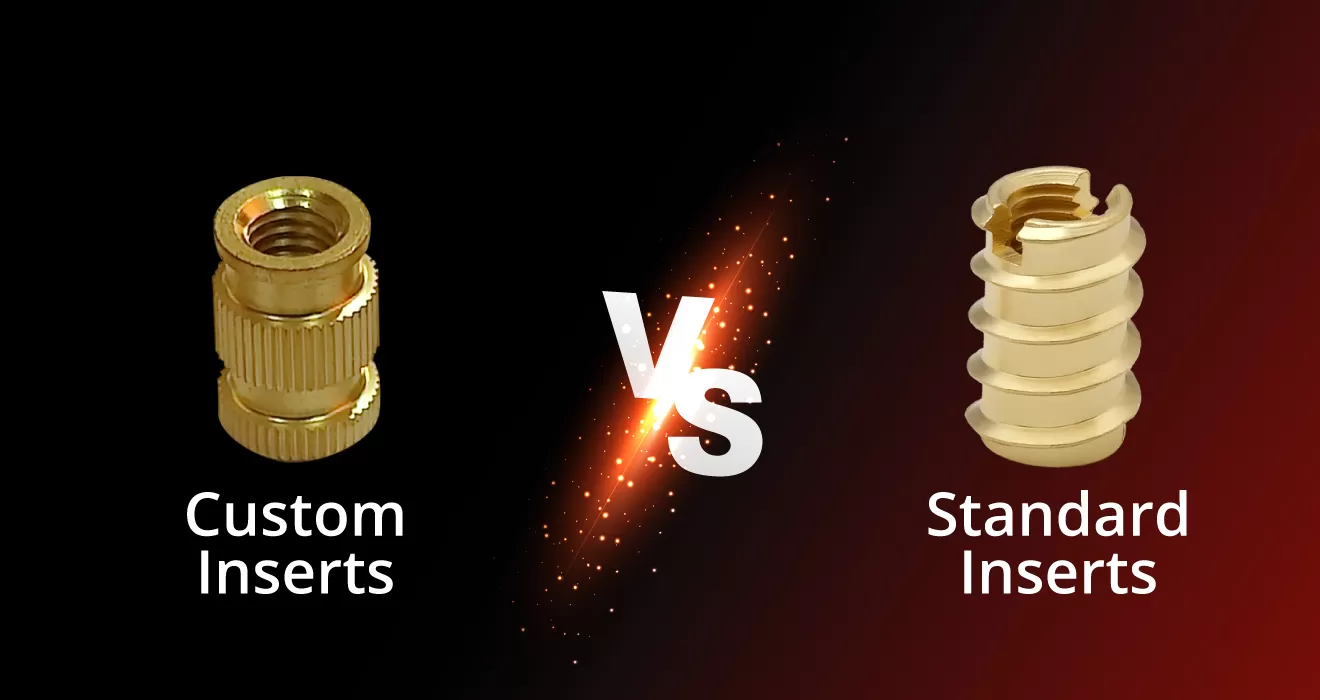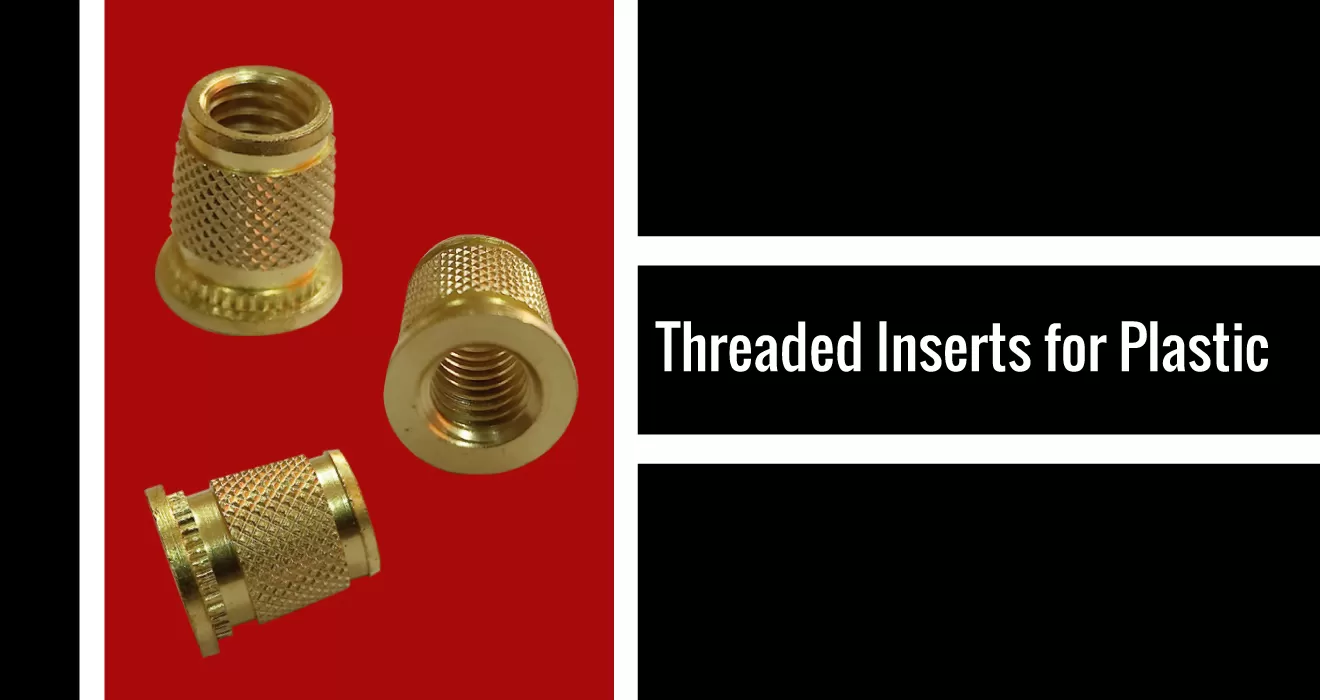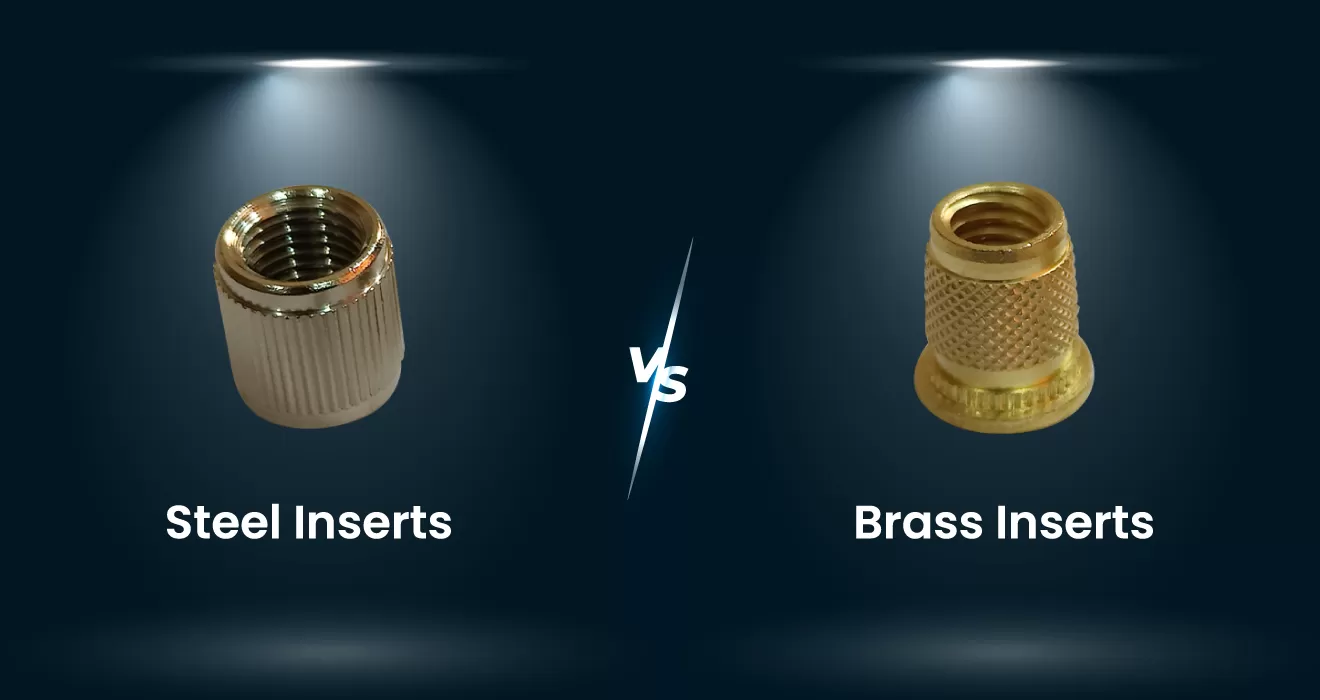Why Custom Turned Parts Are Critical for Modern Hydraulic and Pneumatic Systems?

In industrial sectors that rely heavily on hydraulic and pneumatic systems, precision and durability are essential. From aerospace to agriculture, these systems power machines that drive productivity. The performance of such systems depends not only on their design but also on the individual components that ensure their seamless operation. Among these components, custom turned parts stand out as vital elements, providing benefits that standard, off-the-shelf parts often cannot. This article explores in detail why custom turned parts are critical for modern hydraulic and pneumatic systems, including their impact on performance, reliability, and innovation.
Precision Engineering Enhances System Performance
Custom turned parts are manufactured using advanced CNC (Computer Numerical Control) machining technology. This allows for the creation of components with extremely tight tolerances and intricate geometries. In hydraulic and pneumatic systems, where fluid dynamics and pressure management are critical, even a minor deviation in component dimensions can lead to significant inefficiencies or failures. Custom parts ensure that valves, pistons, and connectors fit perfectly within assemblies, maintaining optimal pressure control and mechanical alignment. Furthermore, precision machining reduces friction, minimizes wear and tear, and enhances the overall responsiveness of the system, especially in high-pressure or rapid-motion applications.
Tailored Material Selection for Specific Applications
Hydraulic and pneumatic components are often exposed to harsh environments, such as high pressures, temperature extremes, and corrosive substances. Standard parts may not always meet the material requirements necessary for long-term durability in such conditions. Custom turned parts allow manufacturers to choose materials best suited for the application—including stainless steel for corrosion resistance, aluminum for lightweight performance, or high-strength alloys for demanding load-bearing tasks. Customization in material selection also allows for coatings such as nickel-plating, anodizing, or powder-coating to be added for increased durability and specific functionality. This flexibility leads to enhanced system longevity, reduced maintenance frequency, and higher resistance to environmental degradation.
Improved Efficiency and Operational Reliability
When components are precisely designed and manufactured for a specific system, they contribute to overall operational efficiency. For example, a custom hydraulic cylinder rod designed with the exact stroke length and load-bearing specifications can reduce energy consumption and wear. In pneumatic systems, custom fittings and seals minimize air leakage and maintain consistent pressure, improving performance and lowering operational costs over time. Consistency in pressure also leads to fewer calibration requirements and more predictable machine performance, which is essential for processes that demand repeatability, such as in automated manufacturing lines.
Compatibility with Harsh Operating Conditions
Industries like mining, oil and gas, and marine operations often involve challenging environments. In these settings, hydraulic and pneumatic systems must withstand vibration, shock, and chemical exposure. Custom turned parts can be engineered with coatings such as Teflon, anodized layers, or specialized sealants to improve resistance to abrasion, corrosion, and fatigue. This makes them more suitable for extreme applications compared to generic alternatives. Additionally, components can be designed to include vibration dampening features or thermal expansion tolerances, ensuring reliability even when environmental conditions are highly variable.
Seamless Integration with Existing Systems
Upgrading or repairing older systems often presents challenges when exact replacement parts are no longer available. Custom machining allows for the reproduction or improvement of legacy components, ensuring continued compatibility. Whether it’s a bespoke valve fitting or a specially threaded piston rod, custom parts can be fabricated to precise measurements, ensuring they work flawlessly with existing equipment. This is particularly valuable in industries where machinery has a long operational lifespan and system upgrades must be conducted incrementally without full overhauls.
Long-Term Cost Efficiency
Although the upfront cost of custom turned parts may be higher, they offer substantial savings over time. Custom components typically have longer lifespans due to better material choices and manufacturing precision. Their perfect fit also reduces the likelihood of system failure, which translates to fewer breakdowns and less downtime. These benefits reduce maintenance costs and extend the life of expensive machinery. In production environments where machine downtime can result in significant financial losses, the reliability offered by custom parts becomes a critical economic advantage.
Compliance with Industry Standards and Regulations
Certain industries must adhere to strict standards for quality, safety, and performance. Aerospace, automotive, and pharmaceutical sectors, for example, require components that meet specific tolerances and material certifications. Custom turned parts can be produced in compliance with ISO, ASME, or other industry standards, ensuring legal and operational compliance while enhancing safety and traceability. Certification ensures that each component used in the system has passed rigorous quality checks and is capable of performing under the defined operational parameters.
Enabling Innovation and Customization
As industries evolve, so do their equipment needs. Custom turned parts offer the flexibility needed for innovation. Engineers designing new hydraulic systems or automation machinery often require components with unique specifications not found in standard parts catalogs. Custom machining allows for the rapid prototyping and development of such components, fostering innovation and enabling manufacturers to stay ahead of the competition. Custom parts are crucial for research and development departments where experimental configurations require precise and unique geometries.
Simplified Maintenance and Serviceability
In systems where maintenance access is limited or components are frequently replaced, custom parts can be designed with serviceability in mind. Features such as modular threads, integrated seals, or alignment guides can simplify assembly and disassembly. This not only reduces maintenance time but also lowers the risk of damage during servicing, ensuring system uptime and reliability. In industries where servicing delays can affect operational timelines, such customizations make maintenance predictable and less labor-intensive.
Contributing to Sustainability Goals
Modern industries are under increasing pressure to adopt sustainable practices. Custom turned parts support these goals by optimizing performance and reducing waste. Longer-lasting components reduce the frequency of replacements, and better system efficiency leads to lower energy consumption. Additionally, custom machining allows for the reuse or refurbishment of existing equipment, minimizing the environmental impact of producing new machinery. Custom manufacturing also allows for leaner inventory management, reducing the need for large stockpiles of generic parts that may never be used.
Boosting Equipment Lifespan and ROI
When hydraulic and pneumatic systems operate with optimally designed components, their overall lifespan increases. Custom turned parts prevent premature wear and ensure that the system continues to function as intended without unexpected failures. This contributes to a higher return on investment (ROI) for capital equipment. Businesses benefit from longer asset lifecycles and fewer interruptions, leading to improved productivity and better utilization of resources.
Customization Supports Digital Manufacturing and Industry 4.0
Industry 4.0 emphasizes smart manufacturing, automation, and data-driven decision-making. Custom turned parts can be integrated with digital identification markers such as QR codes or RFID tags, enabling real-time tracking, automated inventory management, and predictive maintenance. These technologies are easier to implement when parts are customized from the outset, making them compatible with the latest advancements in industrial automation and monitoring.
Conclusion
Custom turned parts are more than just components—they are critical enablers of performance, reliability, and innovation in hydraulic and pneumatic systems. Their ability to meet exact specifications, withstand harsh environments, and adapt to evolving requirements makes them indispensable in modern industry. Investing in custom machining solutions not only enhances system performance but also supports long-term operational efficiency and sustainability. As industries continue to evolve with new demands and technologies, the role of custom parts will only become more prominent.
Looking for high-quality custom turned components for hydraulic and pneumatic systems? We deliver precision-engineered custom turned parts designed to meet the toughest industrial demands. From enhanced performance to long-term reliability, our custom solutions help keep your systems operating at peak efficiency. Request a quote or reach out export@raviproducts.com for your any kind of custom requirements!


